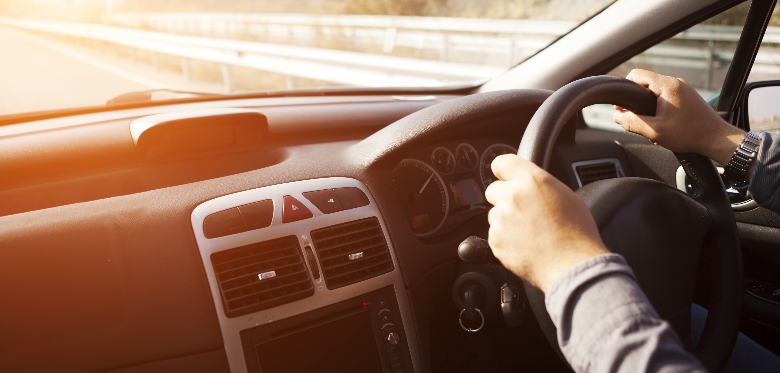Is it still winter? I hadn’t noticed given the unseasonably warm February that the country is basking in at the moment, with temperatures upwards of 16 degrees being recorded in some areas. Time to get the car windows open and the sunglasses out.
But with this glorious weather comes the advent of early hayfever for those allergic to tree pollen, and as a sufferer myself, I can confirm that the mild climate brings itching eyes and throat, and seemingly incessant sneezing. Out of curiosity, and knowing that I sometimes cannot control when a sneeze comes on, I checked the distance I would travel if I sneezed whilst travelling at 70 mph. It was over 100 feet per second! So I would be travelling over 100 feet at 70 mph – with my eyes closed. Scary stuff indeed.
Historic statistics in relation to road traffic accidents taken by insurance companies show that many accidents occur when the offending driver is sneezing, coughing or even blowing their nose. Of course, you can’t help this happening – ultimately this might happen when you have a common cold. So what can you do to make driving safer if you are plagued with hayfever?
Many of these are common sense suggestions, but relevant nonetheless. Firstly, drive with sunglasses on, if conditions allow – this does seem to help reduce the effects of pollen on the eyes. Try not to drive with your windows open. Newer models of car often have anti-pollen filters built into their air conditioning systems, but if you have an older car, it might be worth asking your local garage if the filters can be updated so as to afford you the best protection.
Take appropriate medication to reduce your symptoms well in advance of your car journey, and check to ensure that you are not taking the non-drowsy meds. Keep your distance from the vehicles in front – this is particularly important if you are likely to be subject to a sneezing attack, and reduce your speed. You might get to your destination a little later, but ultimately, you need to get there safely.
Safe driving!
If you have been injured as a result of a road traffic accident, then please contact our specialist personal injury department on 01616 966 229.




Comments